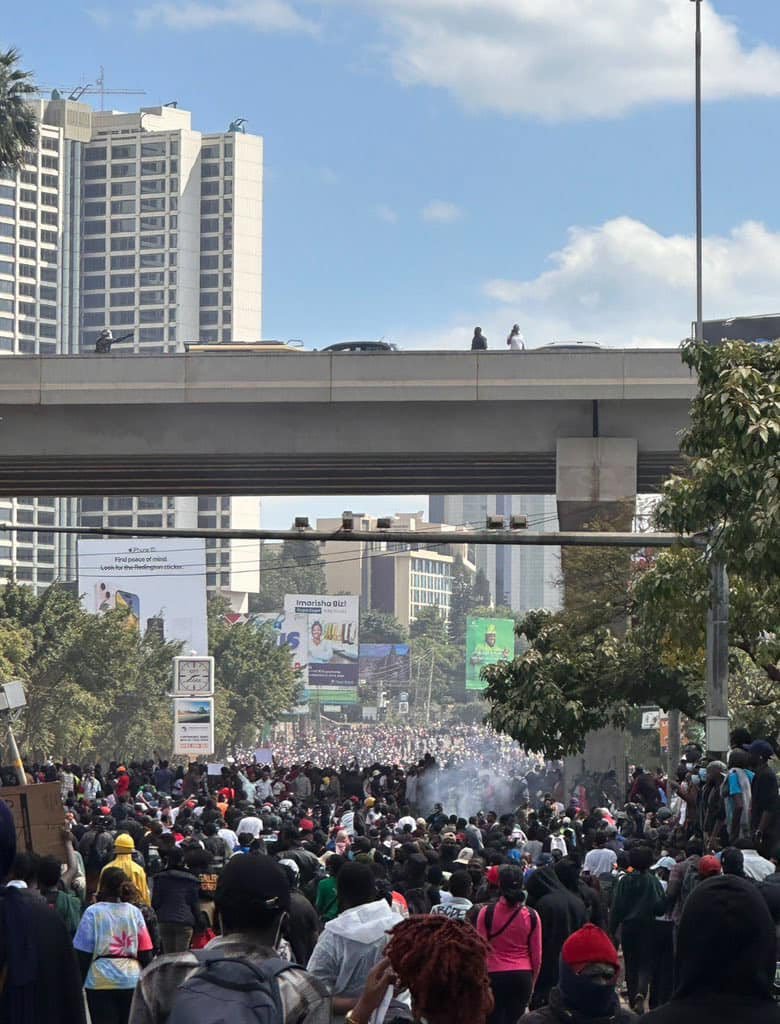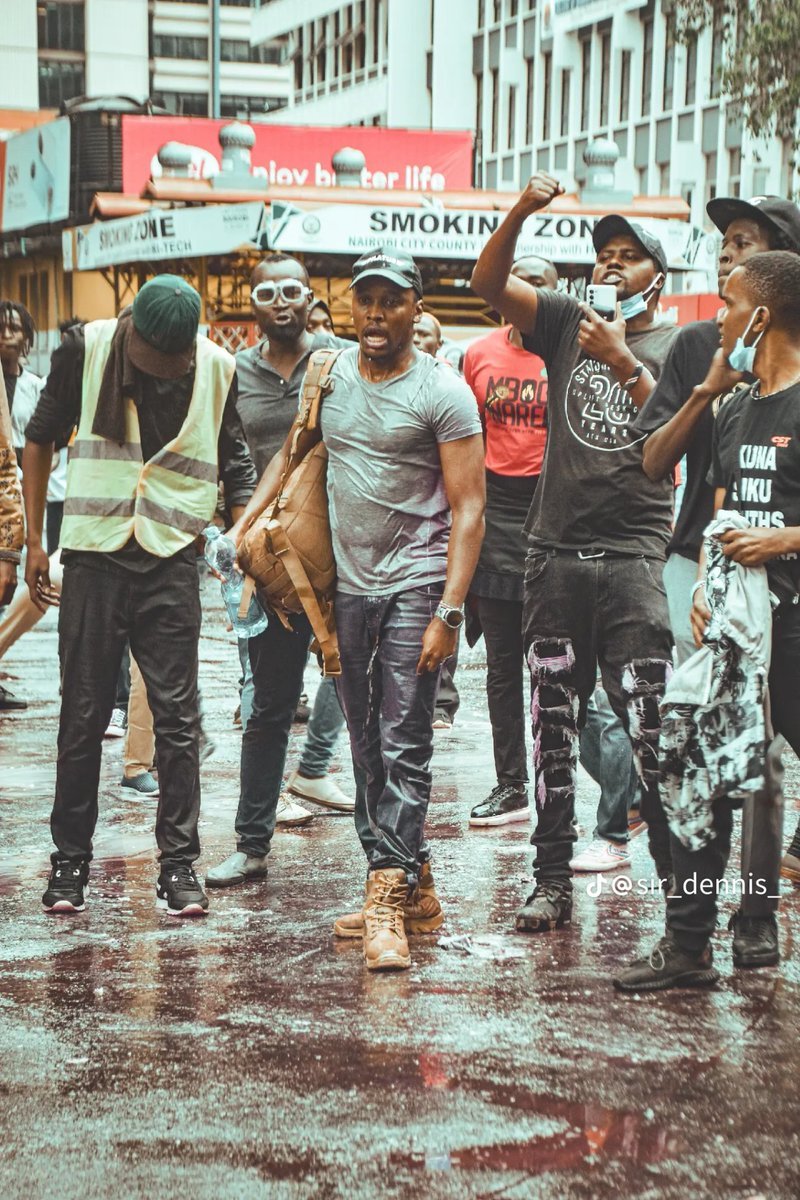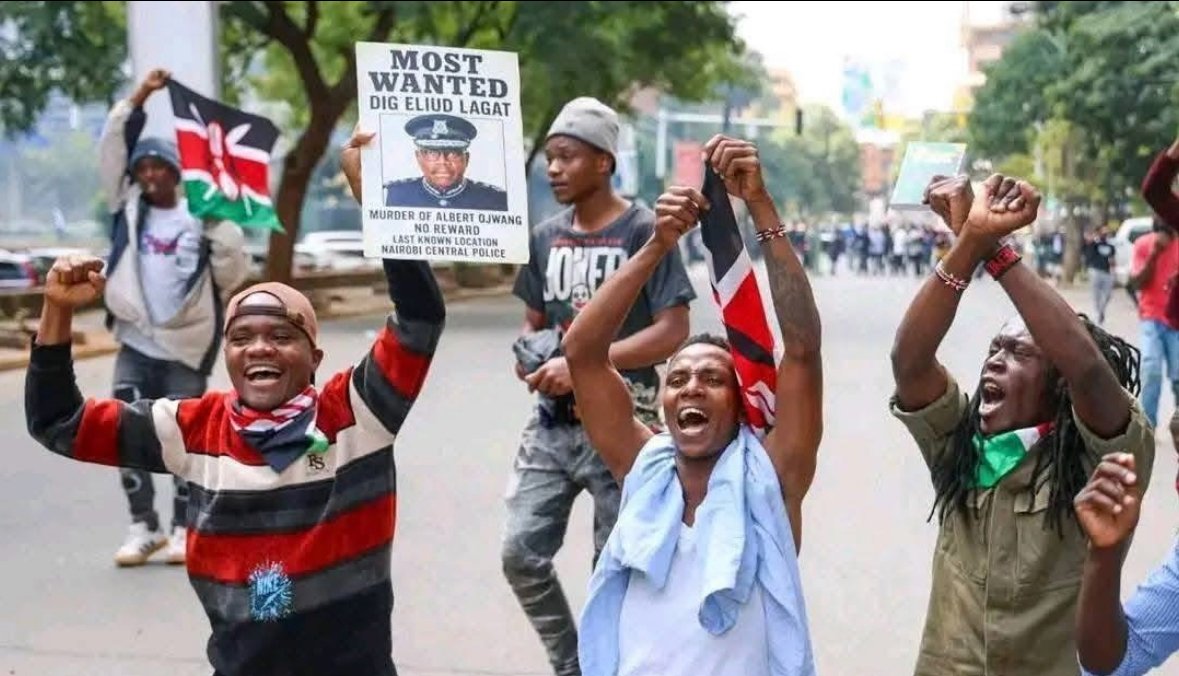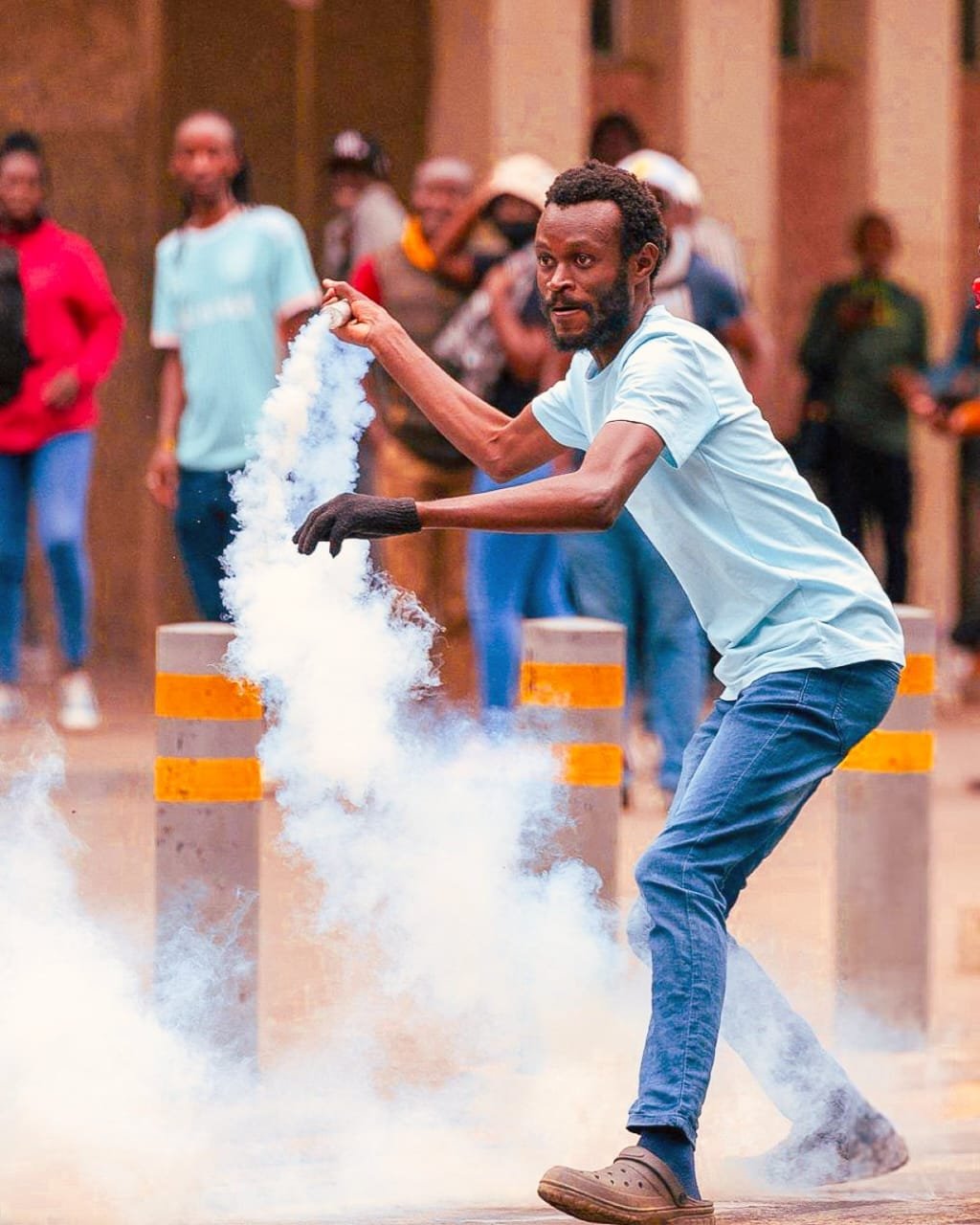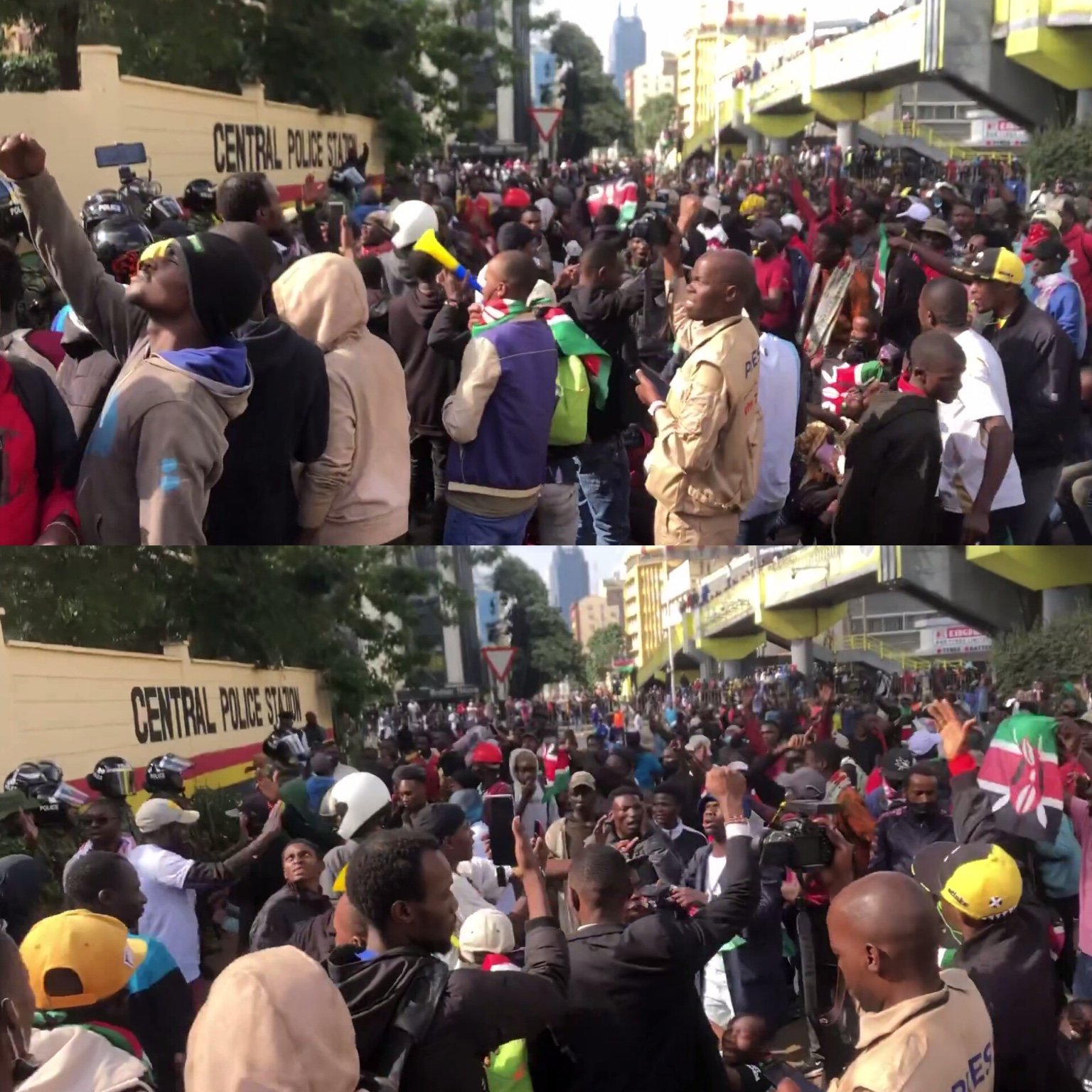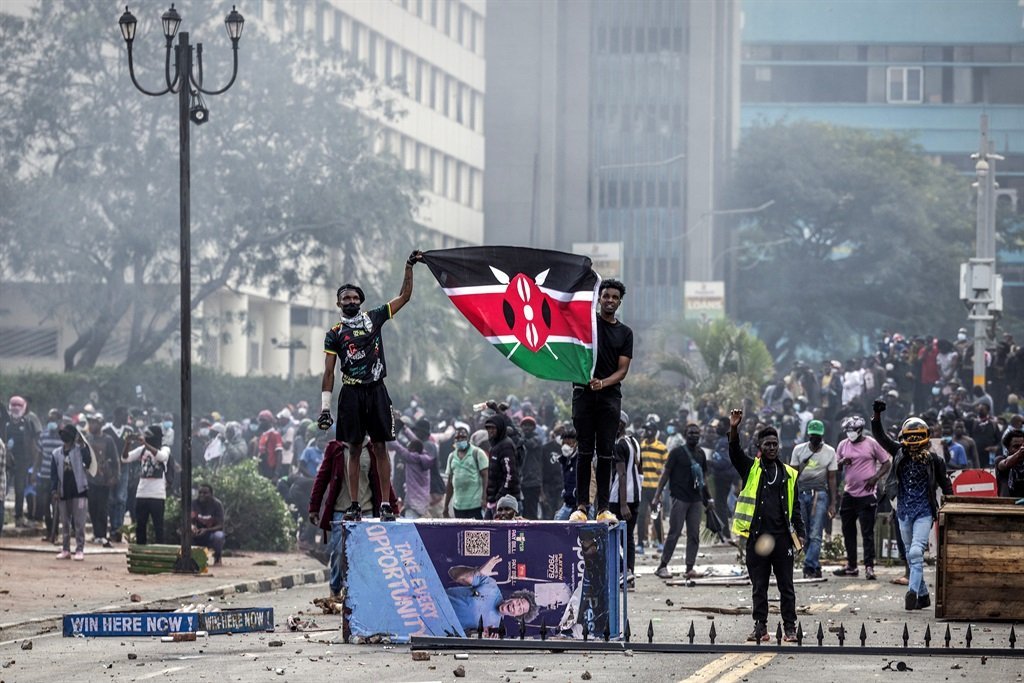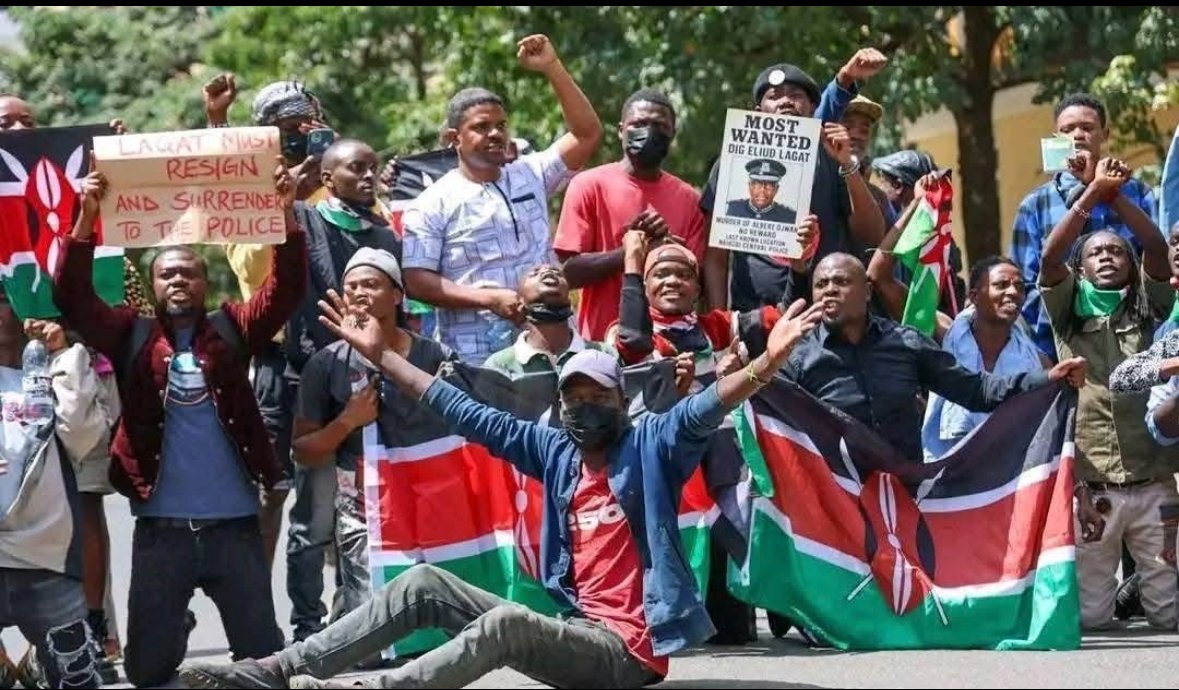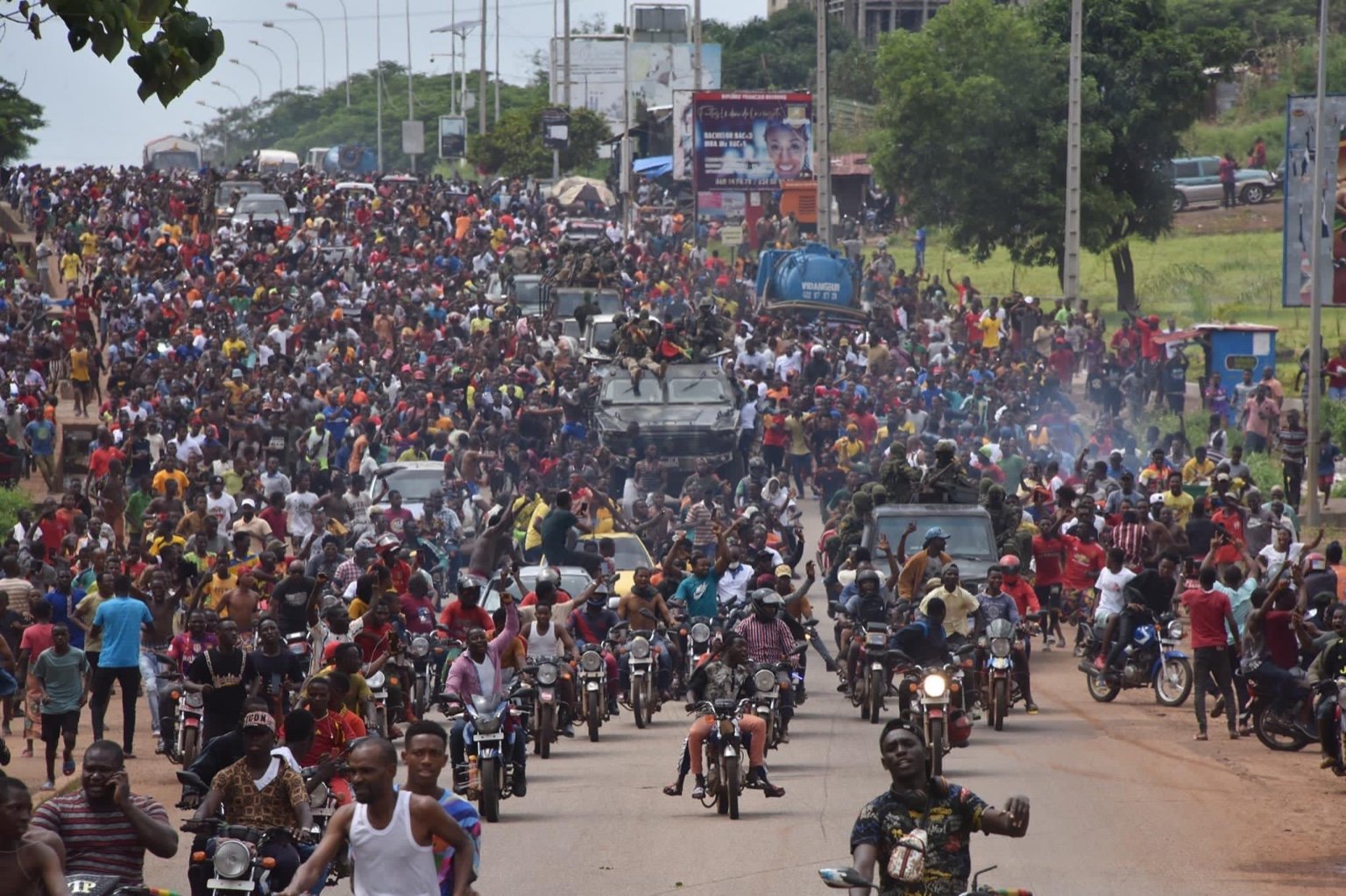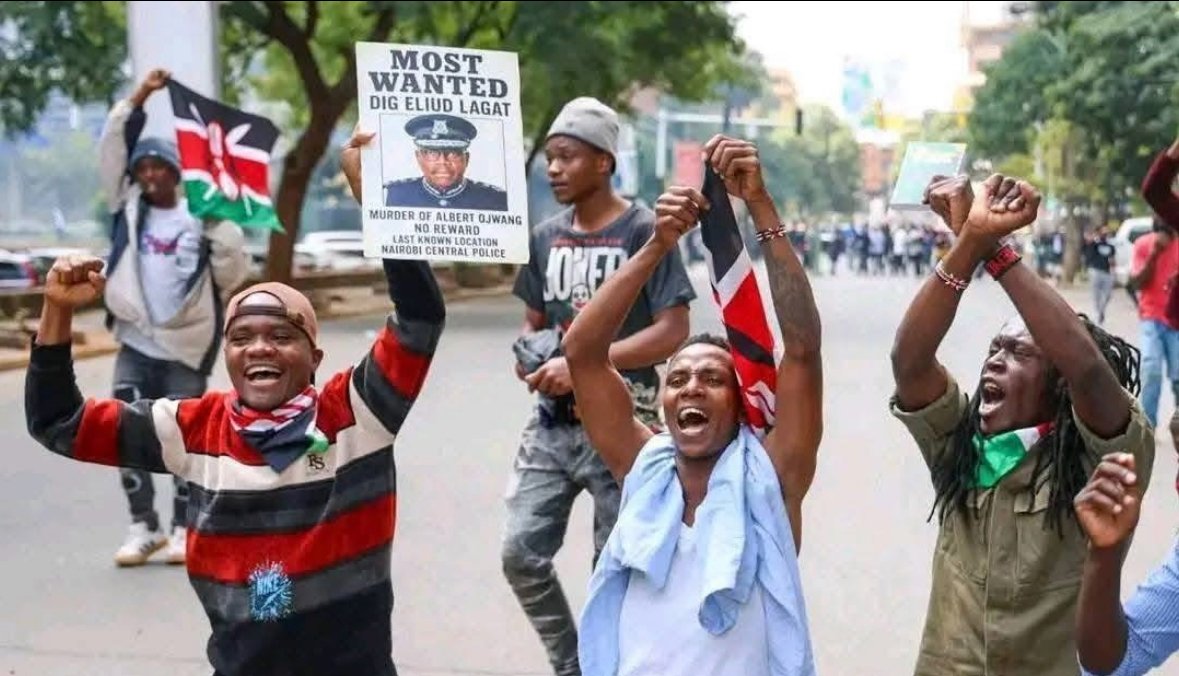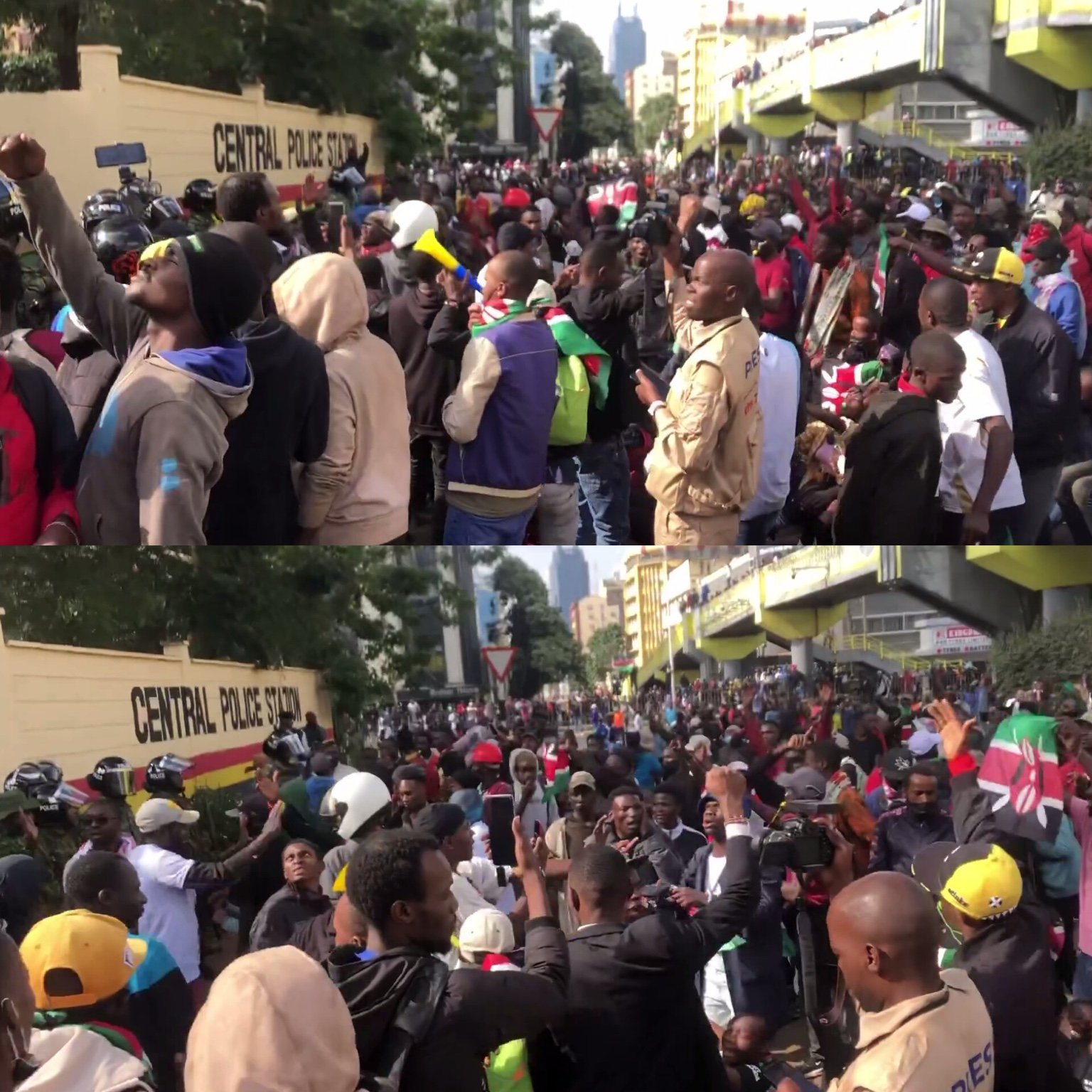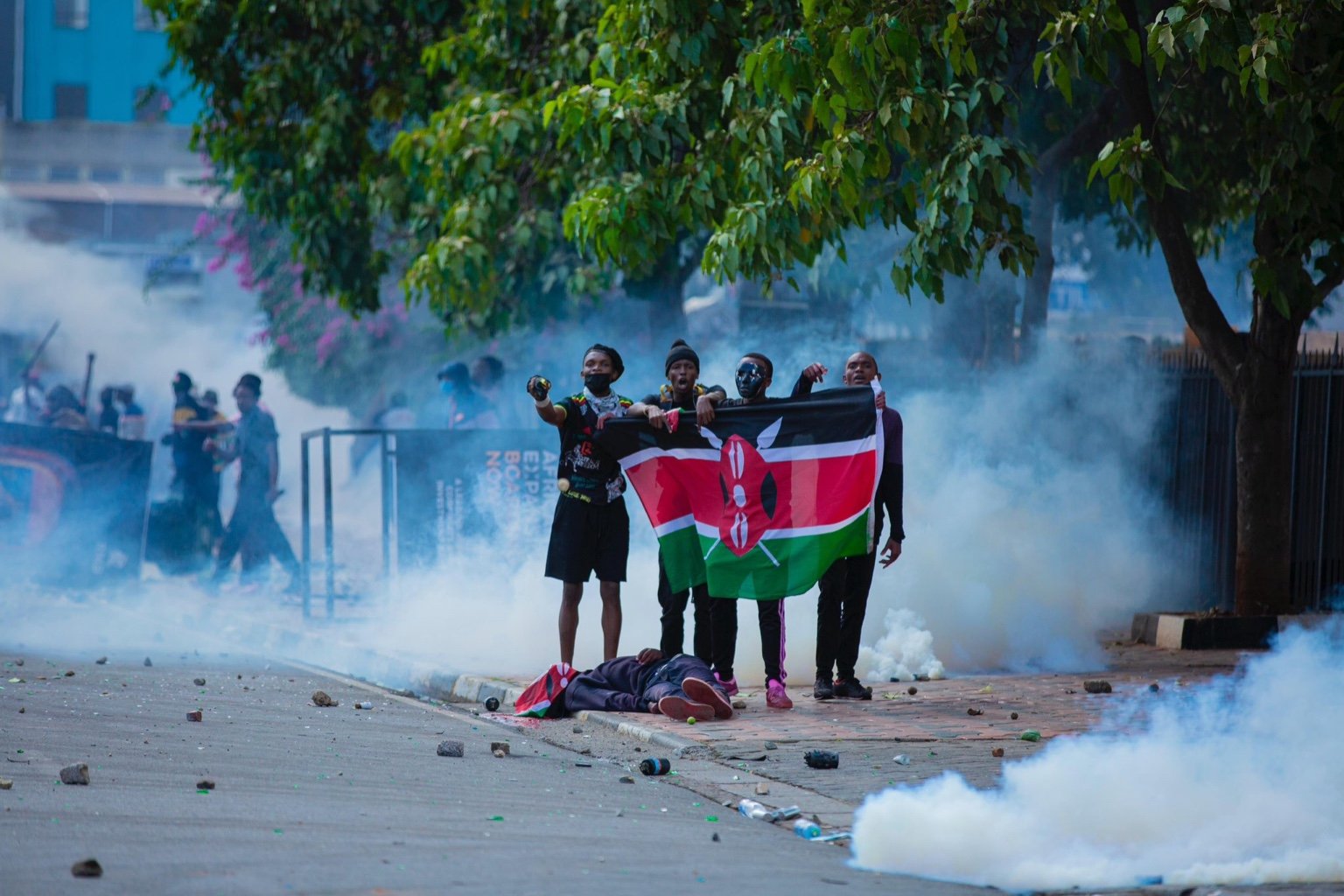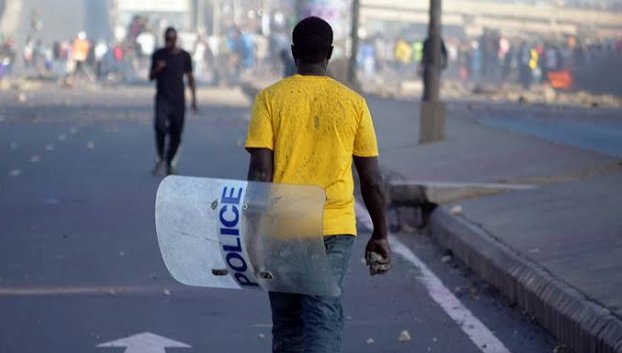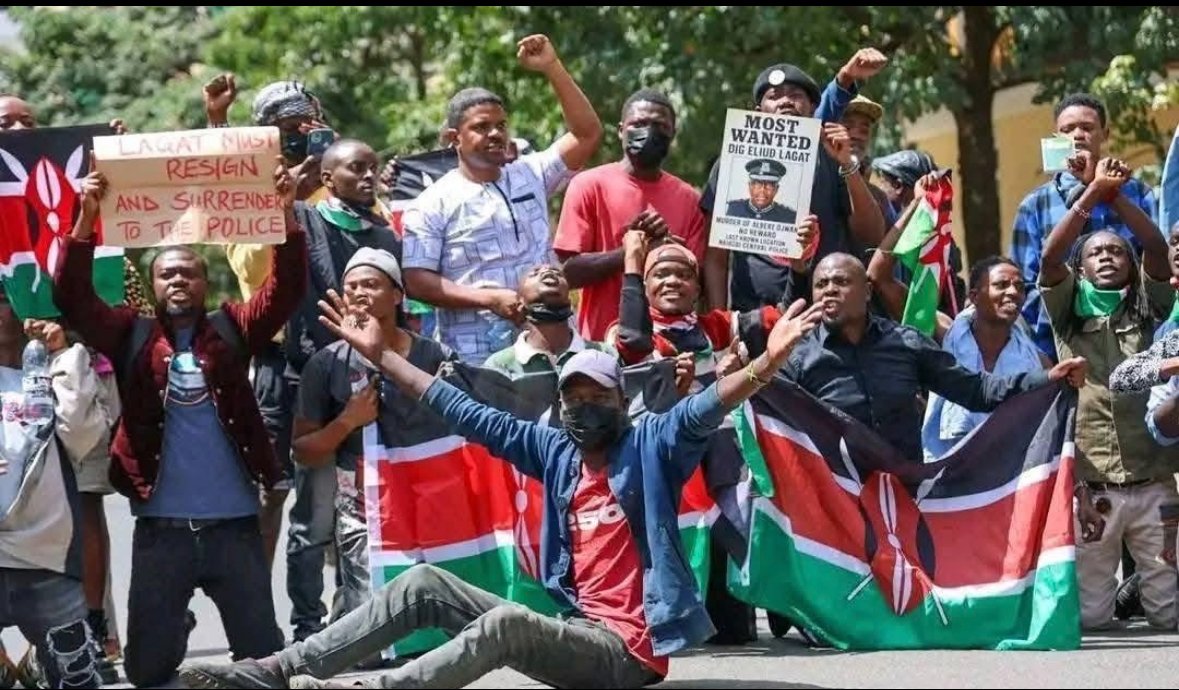“You may kill the dreamer—but never the dream.”
🌍 Nairobi, Kenya – June 2025
On the surface, Albert Ojwang was an ordinary man—an educator, a blogger, a truth-seeker. But in a country where speaking truth has become dangerous, ordinary men often die extraordinary deaths.
On June 8, 2025, Albert was arrested under unclear circumstances while having a meal with his family in his local village. Detained at the Nairobi Central Police Station, he would never walk out. The police told his family he died by suicide. But the bruises on his body—visible to all at the morgue—told a brutal truth: Albert had been murdered.
His crime? Blogging about corruption. Challenging state power. Asking uncomfortable questions on behalf of the youth.
The nation reacted with disbelief. But Gen Z reacted with fury. Within hours, his name was trending across Kenya, plastered on Twitter/X, TikTok, and Instagram. In the digital storm, one poster kept appearing:
“…MOST WANTED: DIG Eliud Lagat – Murder of Albert Ojwang – Last seen at Central Police….”
Hundreds gathered in front of the very gates that confined Albert in his final moments. They held signs, sang liberation songs, and waved the Kenyan flag not in patriotism—but in protest.
“Lagat Must Resign and Surrender!”
“Justice for Albert! We are all Albert!”
“#OjwangWasMurdered”
🏛️ Truth Echoes in Parliament
As pressure mounted, the truth finally thundered within the chambers of the Kenyan Senate.
“In Kenya, we have police officers who arrest citizens, assault them, and murder them! Mr. Speaker, this thing can cause a revolution!”
– Senator Okong’o Omogeni, addressing Parliament, June 2025
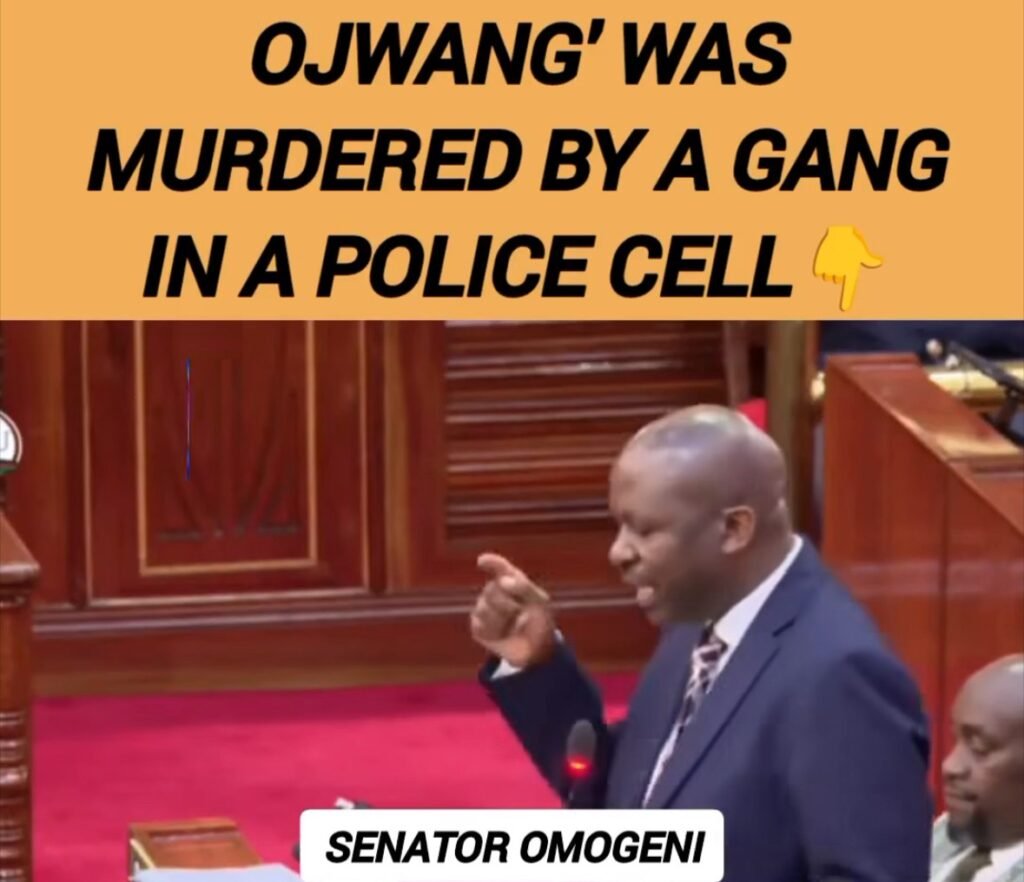
The chamber fell silent. The reality could no longer be hidden: Albert Ojwang was murdered by a gang inside a police cell.
🔥 A Spark That Ignited a Generation
Albert’s death didn’t paralyze Gen Z—it mobilized them.
They took to the streets in numbers not seen since the #RejectFinanceBill protests of 2024. They marched not for political parties—but for justice, dignity, and accountability.
These weren’t just protests. These were acts of remembrance. Albert became a martyr, a symbol, and a hashtag. His name was not just chanted—it was painted on walls, printed on shirts, and tattooed onto the memory of a nation.
🕊️ A Nation in Mourning, A Generation in Motion
As flags waved in defiance and chants echoed through tear gas, the message was clear:
“…You may kill Albert Ojwang, but you can’t kill what he stood for…..”

